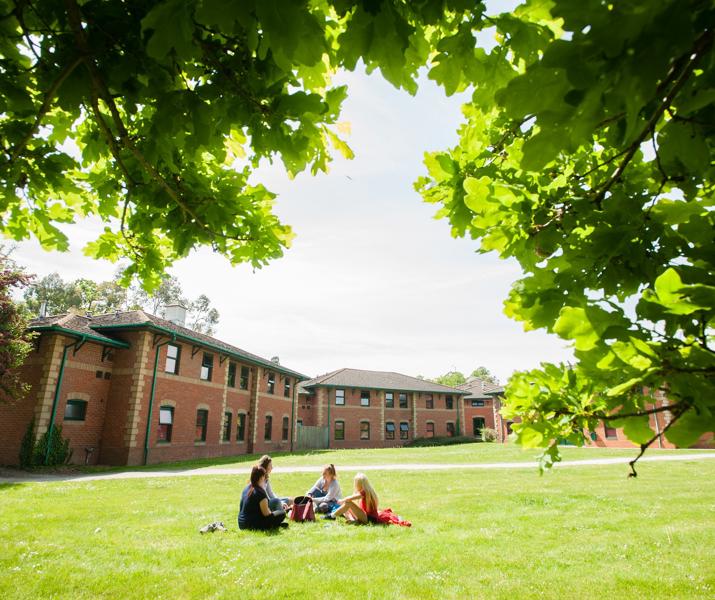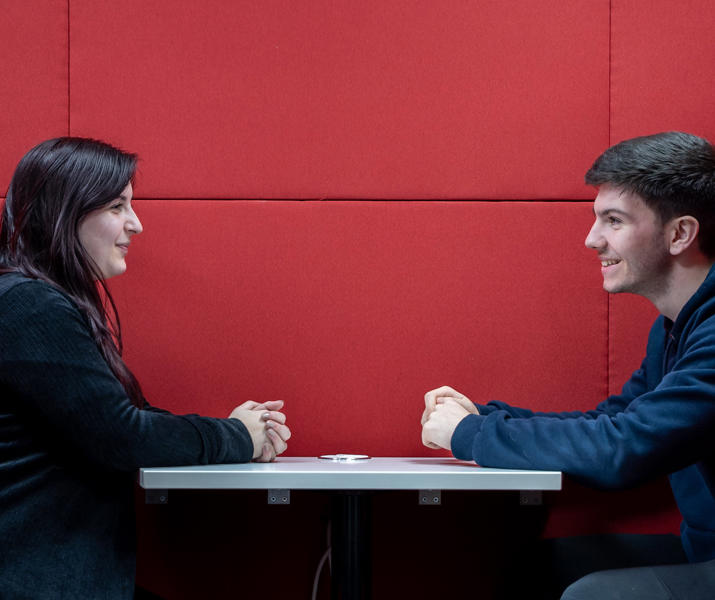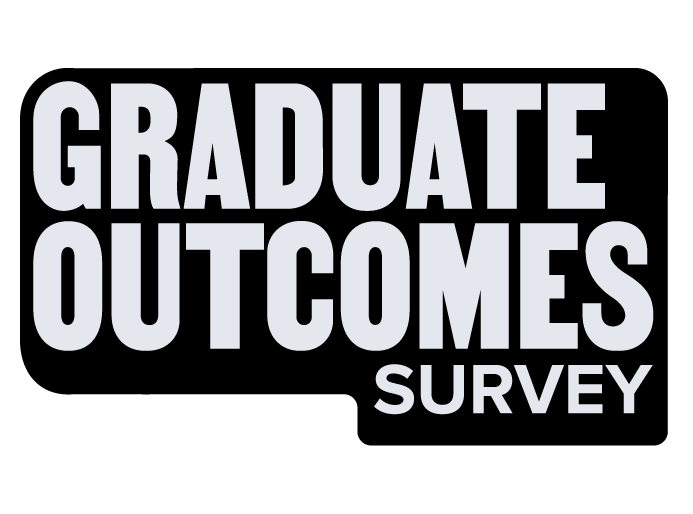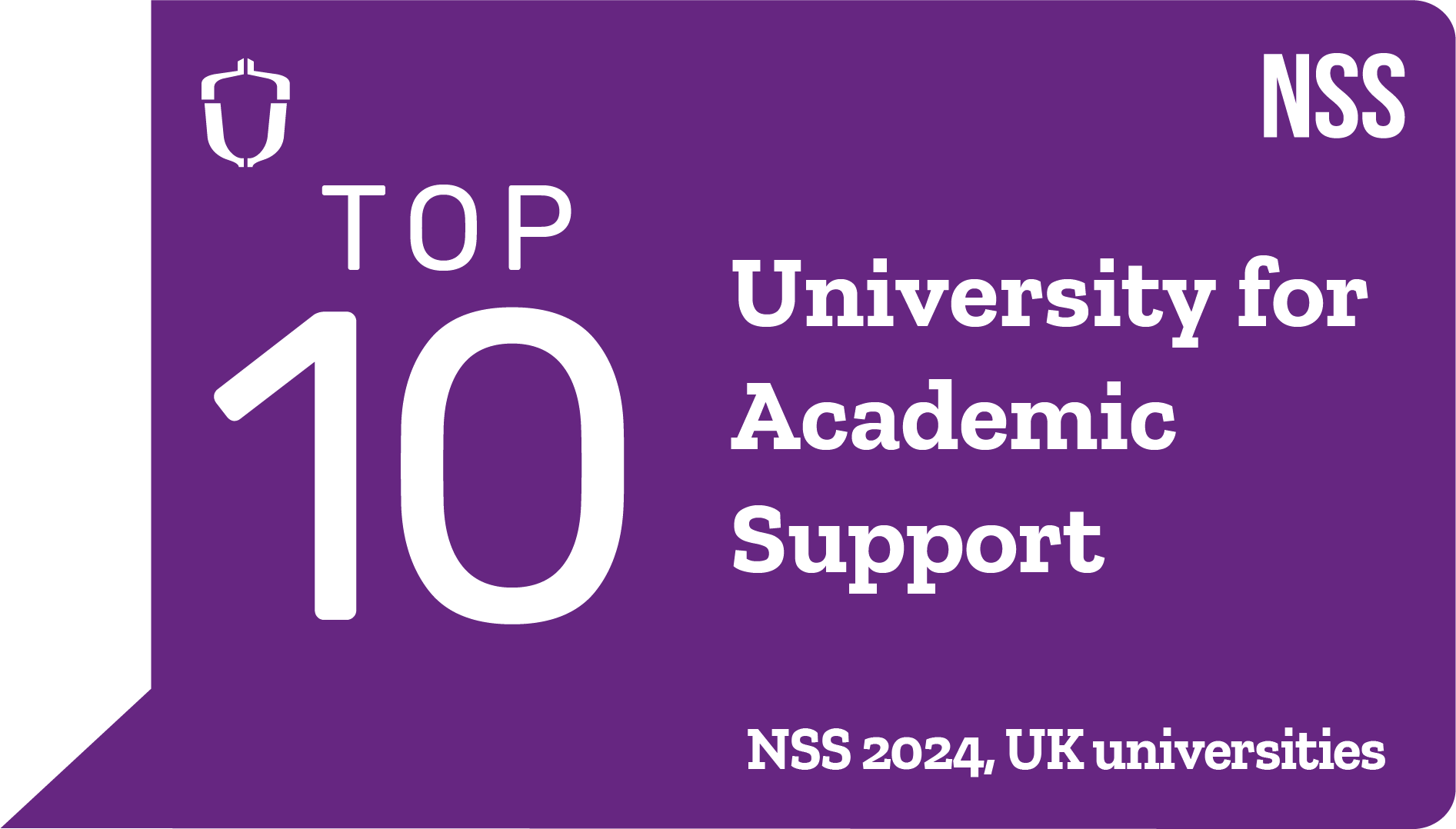You’ll apply existing knowledge to explore how human activity affects animal populations, how zoos contribute to conservation, how animals learn and much more. See the impact of conservation first-hand on a day trips to a UK zoo.
Learn from experienced animal scientists, conservationists and industry practitioners to develop industry-standard skills and understand how zoology applies in the real world.
As part of your top-up, you’ll undertake an independent research project. You can use our animal facilities or work with an industry partner, such as a zoo, conservation charity or welfare organisation.
Our fantastic on site facilities include a range of laboratories, a 70-species Animal Collection, and commercial animal therapy centres to develop your experience. Our 360-hectare estate is ideal for learning a range of survey techniques and for studying British wildlife.
Academic requirements
- A pass at Foundation Degree or HND in an animal science or management related subject or a recognised diploma from Fleming College, Canada
- We welcome students with equivalent qualifications; please contact us to discuss
Non-academic options
- Direct entry into Level 6 can be subject to interview and approval of prior content covered in evolution, ecology and general conservation biology principles
- Previous learning towards a university-level qualification or relevant work experience may count as credit for this course
International students
- We welcome applications from international students and accept international qualifications at equivalent levels to the above
- You may also need to evidence proficiency in English language
Please contact us for further information.
Email us
Your support network
You'll benefit from a strong support network from day one to be the best you can be. This will range from your personal tutor and specialist academic support team (our Achievement and Success Centre) to dedicated wellbeing and employability (Innovation, Careers and Enterprise) centres.
Academic support
You’ll have your own personal tutor while you’re here who will support you to succeed in your studies. You’ll also have access to our academic and wellbeing support teams who run regular workshops and one-to-one sessions on campus and online.
Alongside this, we have a comprehensive bank of online study skills resources to help you make the most of your qualification.
Your learning experiences
You'll experience a range of teaching methods to strengthen your digestion of topics, including lectures, workshops and practical sessions, as well as supported work placement learning as part of many courses.
Your career
Your course will be made up of two semesters, within which you’ll study compulsory and optional modules on different industry-focused topics, enabling you to develop your own unique portfolio of knowledge, skills and experience, ready for your career. The course is taught in English.
















